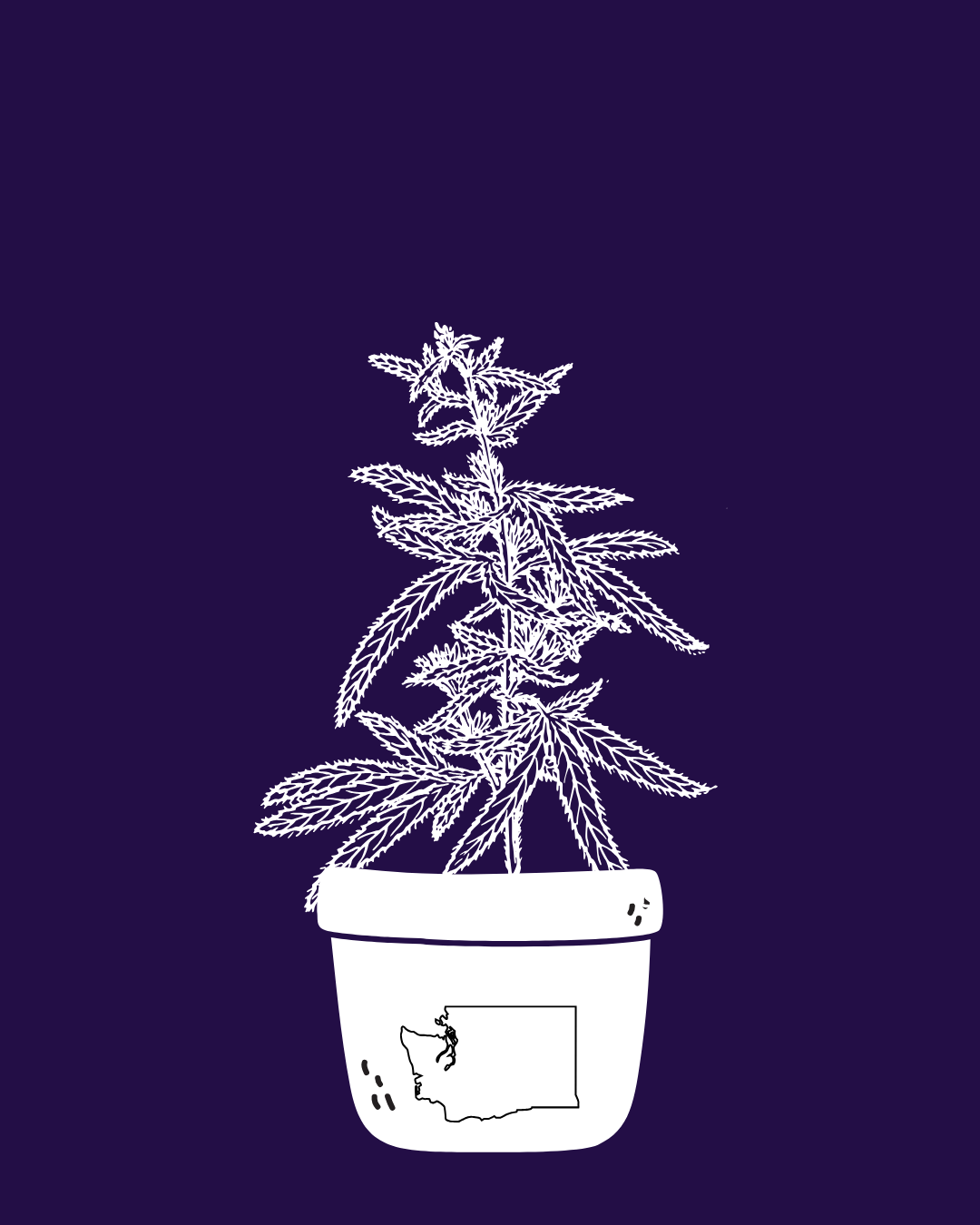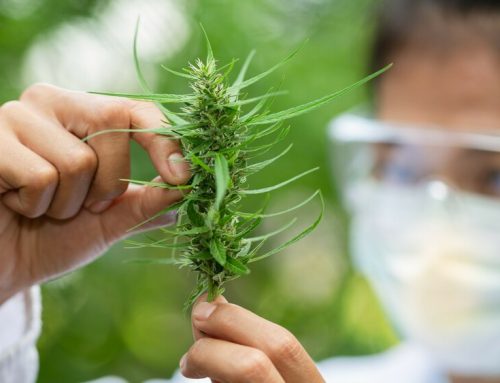
Will Washington Allow Growing Cannabis at Home?
After many previous attempts, this could be the year that Washington legalizes the home cultivation of cannabis for all adults. According to Ben Adlin, writing for Marijuana Moment, on February 21, the House Consumer Protection and Business Committee (the Committee) passed House Bill 1449, which would allow individuals in Washington to grow cannabis at home. This is important as February 21st was the deadline for Washington legislation to clear policy committees. While nothing has changed yet, the push to legalize home grown cannabis in Washington will advance.
Is it currently legal to grow cannabis at home in Washington?
No, unless it’s medical cannabis. Washington was one of the first two states to legalize adult-use cannabis but it did not go so far as to allow for home grows. Almost every other state with legal adult-use cannabis allows for home grow, the other hold out being New Jersey. Washington does allow qualifying patients and designated care givers to grow medical cannabis, subject to numerous requirements including being entered into a statewide database and holding a recognition card after receiving authorization from a health care professional.
How would the cannabis home cultivation work in Washington?
Under the current text of HB 1449, individuals over the age of 21 could possess up to six plants but no more than 15 plants total can be located at one premises of a single housing unit (e.g., home, apartment, separate living quarter) regardless of the number of residents living there. Individuals could possess all the cannabis from those plants. A single person possessing more than six but less than 16 commits a class 1 civil infraction while possessing more than 16 is a Class C felony. Plants cannot be readily smelled from a public place or other housing units and cannot be visible in ordinary public view (e.g., visible from the street, sidewalk or adjacent property without elevating devices or visual aids).
According to Adlin’s report, the Committee also adopted three amendments:
- Requiring the Washington Liquor and Cannabis Board (LCB) to establish traceability requirements for homegrown cannabis and cannabis waste and a fee to be paid by individuals growing at home. The bill’s original version stated that the LCB has no authority or responsibility to investigate or enforce home grows.
- Requiring growers to obtain liability insurance.
- Specifying that individuals would first receive a warning for growing more plants or possessing more cannabis than is allowed and directing law enforcement to consider whether there is access to legal marijuana in a jurisdiction when deciding to enforce the new law.
Could individuals purchase cannabis seeds and plants from licensed cannabis businesses?
No. HB 1449 does not address how people can buy or otherwise acquire seeds and plants. Licensed producers may only sell their products to other licensees. Even licensed processors and retailers are not allowed to possess growing cannabis plants (unless the processor also has a producer license). Retailers can sell cannabis to the public, but only forms of useable cannabis, not seeds or growing plants.
The only exception allowing producers to sell seeds and plants to individuals are sales to patients and dedicated providers, who hold recognition cards and are entered into the medical cannabis authorization database. RCW 69.51A.310. The Washington State Medical Use of Cannabis Act authorizes these sales but would not apply to non-patients or allow producers to make those sales outside the medical context.
Where could people legally get cannabis seeds to start growing?
This is unclear. Individuals may acquire seeds from legacy growers operating in the illicit market. The only issue? That’s not legal under Washington law.
They may also turn to cannabis seed banks that ship seeds nationwide. These cannabis seed banks have popped up as a result of two letters from the DEA (one from January 2022 and one from December 2022) which both respond to a questions on whether cannabis seeds and other genetic materials are considered controlled under the Controlled Substances Act (CSA) if they have less than 0.3% delta-9 THC on a dry weight basis, in light of the 2018 Farm Bill’s legalization of hemp. Marijuana is a controlled substance that cannot be legally grown, sold, or distributed under federal law while hemp is a regulated agricultural commodity.
The January DEA letter states that “marihuana seed that has a delta-9-tetrahydrocannabinol concentration of not more than 0.3 percent on a dry weight basis meets the definition of “hemp” and thus is not controlled under the CSA.” The December letter has similar language. So long as a seed has less than 0.3 % delta-9 THC, according to the DEA, it is not marijuana.
However, these letters are not binding policy statements and also do not have the full force and effect of a law or regulation. They are interpretive statements responding to a specific questions. They were also issued during a prior administration. Additionally, it does not change the fact that obtaining these seeds is not explicitly authorized under state law.
Bottomline
It’s about time that Washington reforms its laws on home grow, fourteen years after legalizing adult use. The restrictions on age, number of plants, and growing in the public view are reasonable and in-line with those in other states. However, the proposed amendments imposing traceability requirements, fees, and insurance would significantly limit an individual’s ability to grow as they may be cost-prohibitive and unduly burdensome. The legislation should also outline how individuals can acquire seeds. There is no reason it needs to be murky. Further, this could be an opportunity for the legislature to help the states; producers, who have struggled in the last few years as cannabis prices in Washington and across the country have dropped. If producers could sell plants and seeds directly to the public, it could create new revenue streams. These sales worked in the medical context and should also work for the general public too. Producers could also track these sales, which was a concern raised in one of the Committee’s amendments.









